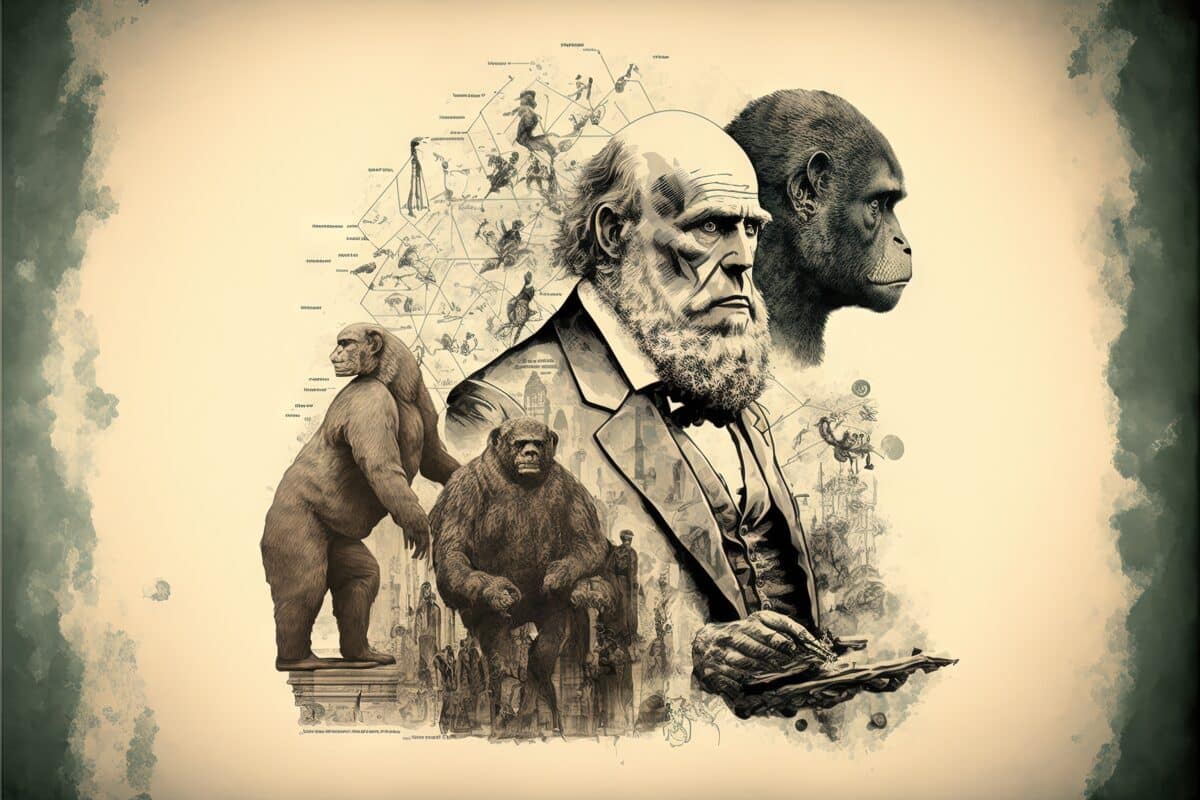
How Not to Defend Darwin on “Survival of the Fittest”
Evolutionary biologists make poor historians, especially when it comes to Charles Darwin. So intent on preserving the reputation of St. Charles, evolutionists typically do their best to paper-over Darwin’s less-than-savory views on issues like race or the application of natural selection to society. British biochemist and theistic evolutionist Denis Alexander runs true to form in a newly posted interview at BioLogos. In the interview, Alexander does his best to disassociate Darwin from the idea of “survival of the fittest,” noting that the phrase was coined by Herbert Spencer rather than Charles Darwin, and that it was then picked up by nasty politicians like Kaiser Wilhelm and Adolf Hitler, who used it to promote their noxious views.

Alexander is correct that Spencer coined the phrase “survival of the fittest,” and that the idea was adopted by the Kaiser and by Hitler. But he neglects to mention one other important figure from history who embraced the term: Charles Darwin himself. As I point out in my book Darwin Day in America, Darwin eventually described “survival of the fittest” as “more accurate” than his own term of “natural selection,” and he employed the phrase repeatedly in the fifth and sixth editions of On the Origin of Species as well as in other works.
Read More ›




































